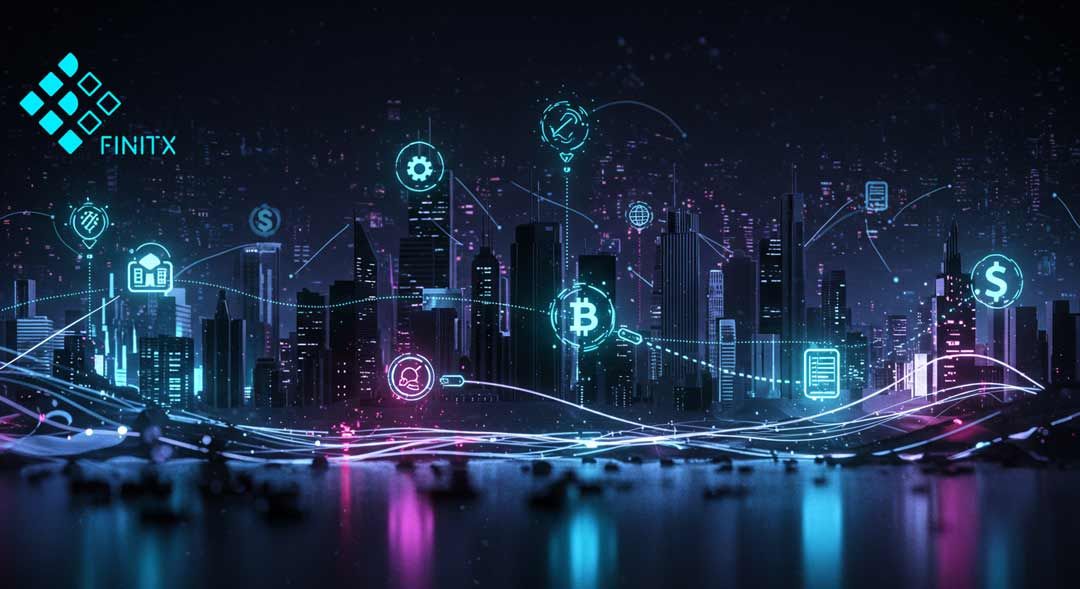
27 October 2025
5 Trends in Blockchain Technology Shaping the Future of Fintech
Table of Contents
- Introduction
- Decentralized Finance (DeFi): Expanding the Fintech Frontier
- Blockchain-Powered Payment Systems
- Smart Contracts: Revolutionizing Agreements
- Tokenization of Assets
- Blockchain for Identity Verification and Security
- Challenges in Implementing Blockchain in Fintech
- The Future of Fintech: A Blockchain-Powered Ecosystem
- Frequently Asked Questions (FAQs)
- Conclusion
Introduction
Blockchain technology is revolutionizing industries, and its impact is especially profound in financial technology (fintech). As the world moves toward rapid digitization, blockchain is emerging as a game-changer, creating new possibilities and efficiencies for the fintech industry. In this article, we explore five groundbreaking blockchain trends that are shaping the future of fintech.
1. Decentralized Finance (DeFi): Expanding the Fintech Frontier
Decentralized Finance (DeFi) is a blockchain-driven movement redefining financial services by eliminating intermediaries like banks and brokers through smart contracts.
How DeFi is Revolutionizing Fintech
- Accessibility: DeFi applications provide financial services to the unbanked and underbanked worldwide. All that's needed is an internet connection and a digital wallet.
- Transparency: Blockchain’s immutable ledger ensures every transaction is traceable, increasing trust.
- Cost Efficiency: By removing intermediaries, transaction costs are significantly reduced.
Examples of DeFi in Action
Platforms like Aave and Uniswap showcase DeFi’s potential, offering decentralized lending, borrowing, and trading services. The integration of DeFi into fintech promises more inclusive and efficient financial services.
2. Blockchain-Powered Payment Systems
Blockchain is transforming payment systems by addressing the limitations of traditional methods, which are often slow, costly, and geographically restricted.
Key Advantages
- Instant Settlements: Real-time transactions eliminate delays from traditional banking systems.
- Reduced Costs: Fewer intermediaries mean lower transaction fees, especially for cross-border payments.
- Enhanced Security: Cryptographic algorithms make blockchain transactions tamper-proof.
The Role of Cryptocurrencies

Cryptocurrencies like Bitcoin and Ethereum lead blockchain-powered payments, while stablecoins (e.g., USDC) and CBDCs are gaining traction for their price stability, suitable for everyday fintech applications.
3. Smart Contracts: Revolutionizing Agreements
Smart contracts are self-executing agreements with terms coded directly into them. They automatically execute actions when predefined conditions are met, eliminating intermediaries.
Implications for Fintech
- Automation: Streamlines processes like loan disbursement, insurance claims, and trade finance.
- Accuracy: Reduces human error, ensuring obligations are fulfilled precisely.
- Cost Savings: Cuts operational costs by removing intermediaries.
Real-World Applications
Insurance companies use smart contracts to automate claim settlements. For example, a delayed flight automatically triggers insurance payouts. Supply chain finance also benefits from faster payment settlements between suppliers and buyers.
4. Tokenization of Assets
Tokenization converts physical or digital assets into blockchain-based tokens, democratizing investment opportunities and enhancing liquidity.
Benefits of Asset Tokenization
- Fractional Ownership: Investors can buy fractions of high-value assets like real estate or art.
- Increased Liquidity: Blockchain marketplaces make previously illiquid assets easier to trade.
- Global Accessibility: Investors worldwide can participate in tokenized markets.
Impact on Fintech
Tokenization is enabling innovative investment platforms. Companies like Finitx are making tokenized asset markets more accessible to individual and institutional investors.
5. Blockchain for Identity Verification and Security
Secure identity verification is crucial in fintech, and blockchain offers solutions that address fraud, inefficiency, and data breaches.
Decentralized Identity Solutions
- Self-Sovereign Identity (SSI): Users control their digital identities without centralized authorities.
- Enhanced Security: Blockchain’s encryption ensures personal data is secure.
- Streamlined Verification: Enables instant and reliable identity verification, improving user experience.
Use Cases in Fintech
Blockchain helps fintech companies strengthen security through KYC compliance and fraud prevention. Platforms like Civic and uPort demonstrate blockchain’s potential in secure identity management.
Challenges in Implementing Blockchain in Fintech
- Regulatory Uncertainty: Clear frameworks are essential for widespread adoption.
- Scalability Issues: Many blockchains struggle with high transaction volumes.
- Integration with Legacy Systems: Requires significant investment in existing infrastructure.
- Public Perception: Misconceptions about blockchain and cryptocurrencies can hinder adoption.
The Future of Fintech: A Blockchain-Powered Ecosystem
The trends above are just the beginning. Blockchain will continue to reshape fintech, offering new efficiencies and opportunities.
Emerging Innovations to Watch
- AI and Blockchain Integration: Enhances decision-making and automates complex processes.
- Interoperable Blockchains: Facilitates seamless communication between networks.
- Green Blockchain Solutions: Sustainable methods like proof-of-stake reduce energy consumption.
Frequently Asked Questions (FAQs)
- What is blockchain technology? A decentralized ledger that records transactions across multiple computers, ensuring security, transparency, and immutability.
- How is blockchain transforming fintech? Through DeFi, secure payments, smart contracts, asset tokenization, and identity verification solutions.
- What is the role of Finitx in blockchain adoption? Finitx provides blockchain-powered fintech solutions, including asset tokenization platforms and decentralized applications.
- Are there challenges in using blockchain for fintech? Yes — regulatory uncertainty, scalability issues, legacy system integration, and public perception.
- What are some examples of blockchain in action? Cryptocurrency payments, DeFi platforms like Aave and Uniswap, tokenized real estate, and blockchain-based identity verification tools.
- What is the future of blockchain in fintech? Advancements include AI integration, interoperable blockchains, and sustainable solutions, driving further innovation in financial services.
Conclusion
Blockchain is not just a buzzword ; it is transforming fintech. By embracing these trends, fintech companies can deliver secure, efficient, and inclusive services globally. As blockchain adoption grows, it will revolutionize how we interact with money and financial systems.
